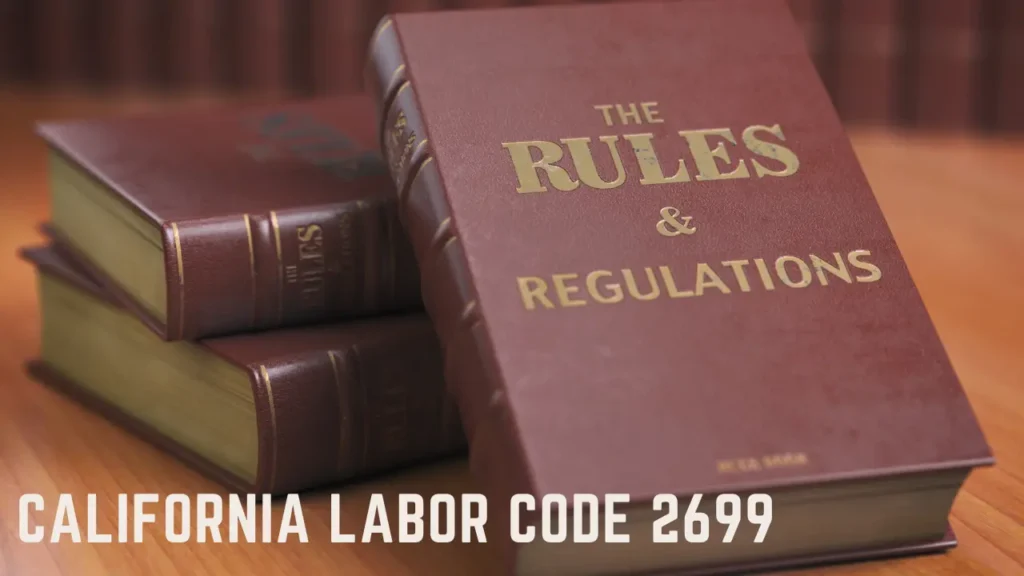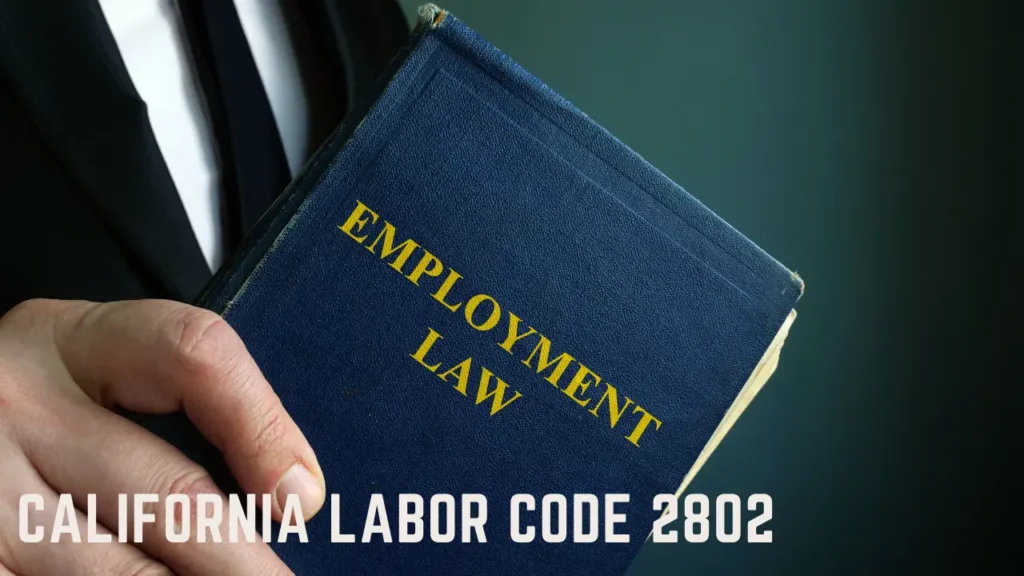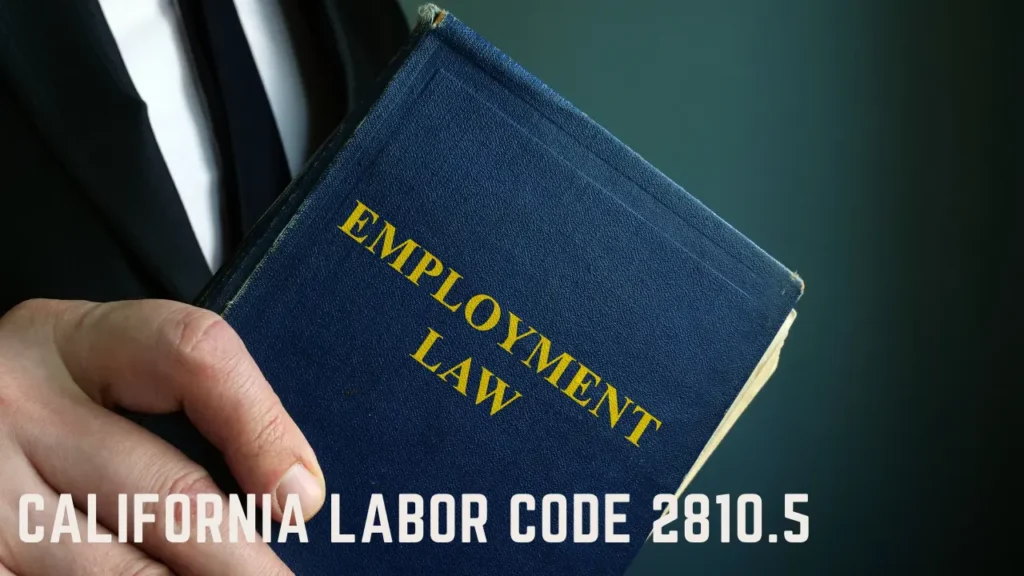Table of Contents
ToggleNotably, most commission-based employees are entitled to minimum wage and overtime pay. However, exemptions exist, particularly for outside salespersons. It is important to understand these exemptions and ensure compliance with the law.
Additionally, rest breaks for commissioned employees must be compensated separately from regular commissions. This ensures fair compensation for all work-related time. Both employers and employees need to be aware of these regulations and fulfill their obligations accordingly.
This article offers a comprehensive understanding of these complexities.
Paid on a commission basis: What does it mean?
Transitioning to a commission-based pay structure entails earning income solely from the sales made, with the specific terms of earnings defined by a commission agreement. In essence, being paid on commission means your income is directly linked to your sales performance. The more you sell, the more you earn.
This commission agreement outlines the specifics such as the rate of commission, the products or services that attract a commission, and the conditions under which a commission is deemed earned. It’s important to note that in California, the law mandates that sales commissions must be paid once they are earned, by the terms set out in the commission agreement.
This form of remuneration often incentivizes sales employees to increase their productivity and sales output.
Commission agreement: what is it and why is it important?
Building on the concept of commission-based pay, a commission agreement serves as a crucial legal document that clearly outlines the specifics of this remuneration structure between the employer and the sales employee. This agreement is fundamental for several reasons:
- It provides clarity and transparency, ensuring both parties understand the terms and conditions of payment.
- It safeguards both parties’ interests, preventing potential misunderstandings or disputes.
- It ensures compliance with California Labor Laws, avoiding legal repercussions.
- It defines the parameters for commission earnings, offering security and certainty to the sales employee.
A well-structured commission agreement is not just a formality; it is a tool that promotes a fair, transparent, and mutually beneficial working relationship. It embodies the principle of reward for effort and performance, central to the ethos of sales roles.
Earned sales commission definition
While the commission agreement sets the groundwork for compensation, understanding what constitutes an earned sales commission is equally crucial for both parties involved.
An earned sales commission is the compensation that a sales employee receives upon the successful completion of a sale. This achievement is typically defined by the agreement and can range from the signing of a contract, receipt of payment, or delivery of goods or services.
The commission becomes ‘earned’ once these stipulated conditions are met, irrespective of when the payment is received. In California, employers are legally obligated to pay these earned commissions as they would regular wages.
Ultimately, an earned sales commission serves as a tangible incentive for sales employees, rewarding their efforts and enhancing overall productivity.
Are commissioned employees also paid a minimum wage and overtime pay
In the realm of commission-based pay in California, it is vital to understand the parameters around minimum wage and overtime pay for commissioned employees.
- Employees paid solely on commission are generally entitled to receive minimum wage for all hours worked.
- These employees are also typically eligible for overtime pay, provided they work more than the state-mandated maximum hours.
Exempt employees, often outside salespersons, are exceptions to these rules.
Non-compliance with these regulations can lead to Fair Labor Standards Act (FLSA) violations.
In essence, the law seeks to ensure fair compensation for all employees, regardless of their pay structure. This includes those paid through commission, ensuring they are not disadvantaged by their compensation model and are rightfully paid for their labor.
How is payment for rest breaks typically handled?
Regarding rest breaks, California law mandates that sales employees compensated solely on commission must receive payment for time spent on these breaks, separate from their earned commissions. This law falls under the umbrella of wage and hour laws, which also cover minimum wage and overtime pay.
The paid rest break time should be at the employee’s regular pay rate. If an employer fails to provide these rest breaks or neglects to compensate them properly, they may be subject to penalties.
It is crucial for employers to understand these regulations and for employees to be aware of their rights. This ensures a fair working environment and helps to prevent potential legal complications that could arise from non-compliance with these laws.
Conclusion
In conclusion, commission-only pay for sales employees in California is a complex system governed by labor laws and court rulings.
Understanding the commission agreement, earned sales commission, minimum wage and overtime pay provisions, and rest break compensation is imperative for both employers and employees.
Non-compliance could lead to legal complications, underscoring the importance of awareness and adherence to these regulations in the commission-based sales industry.














